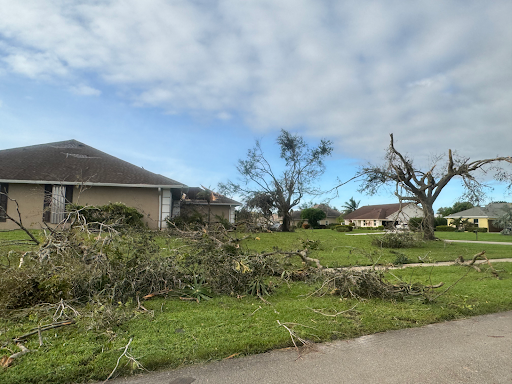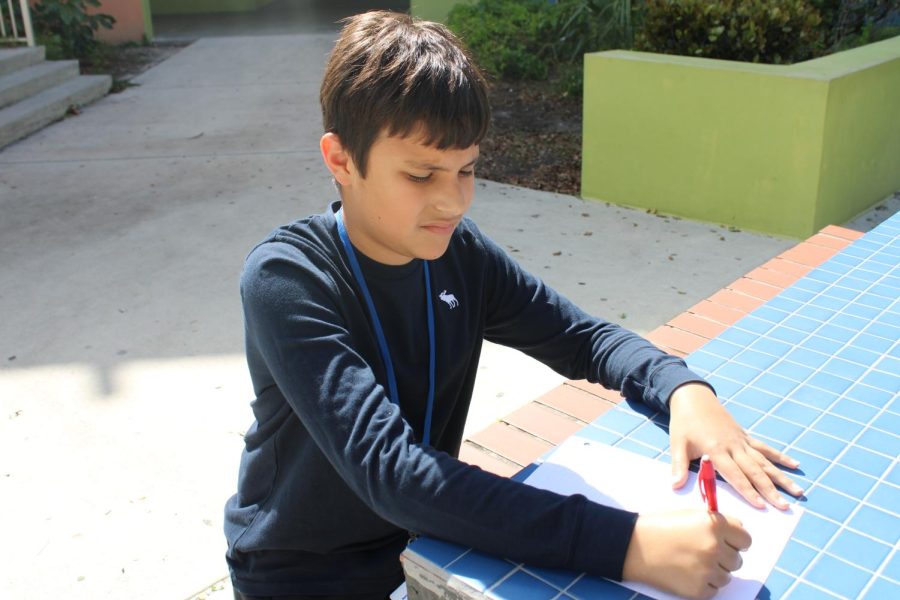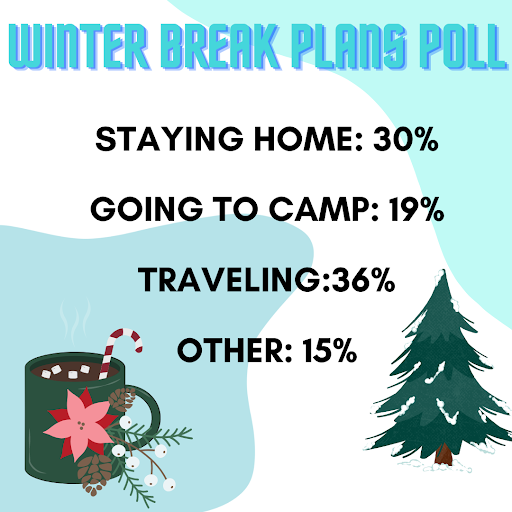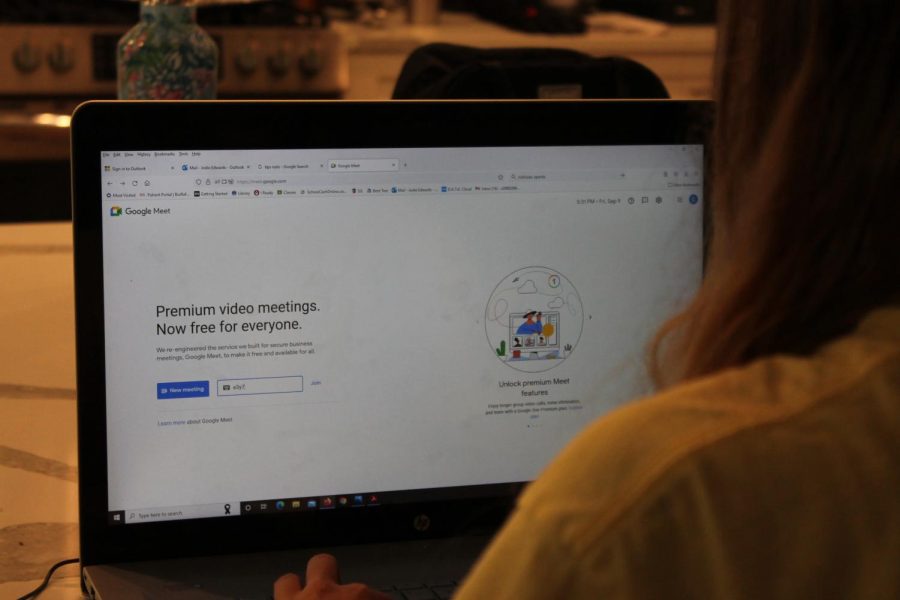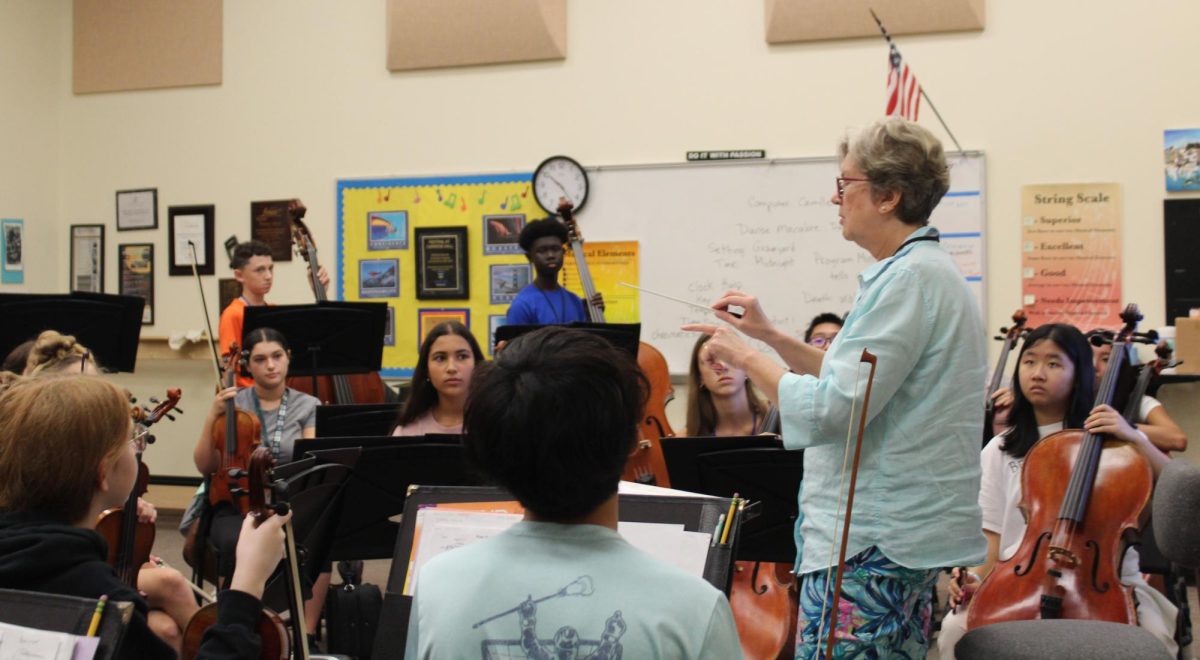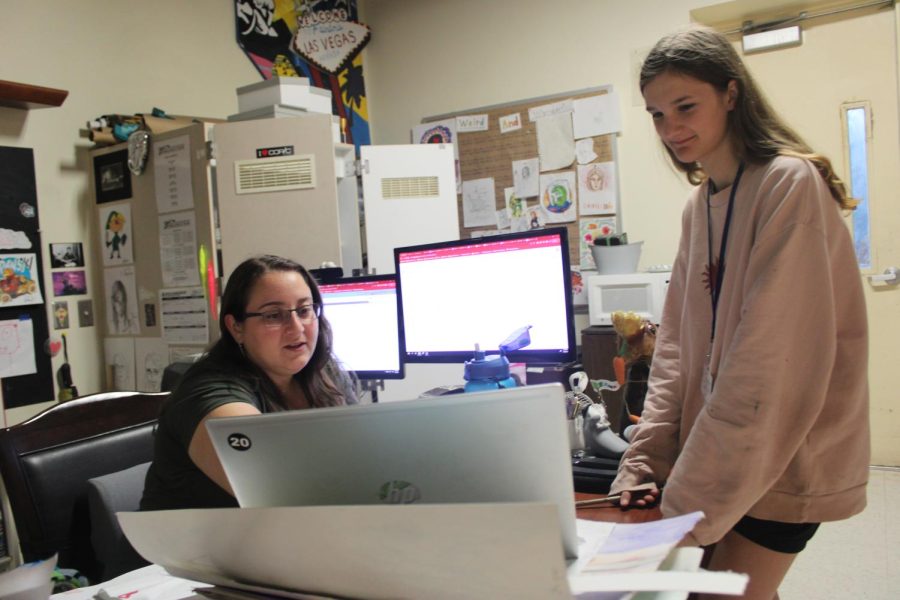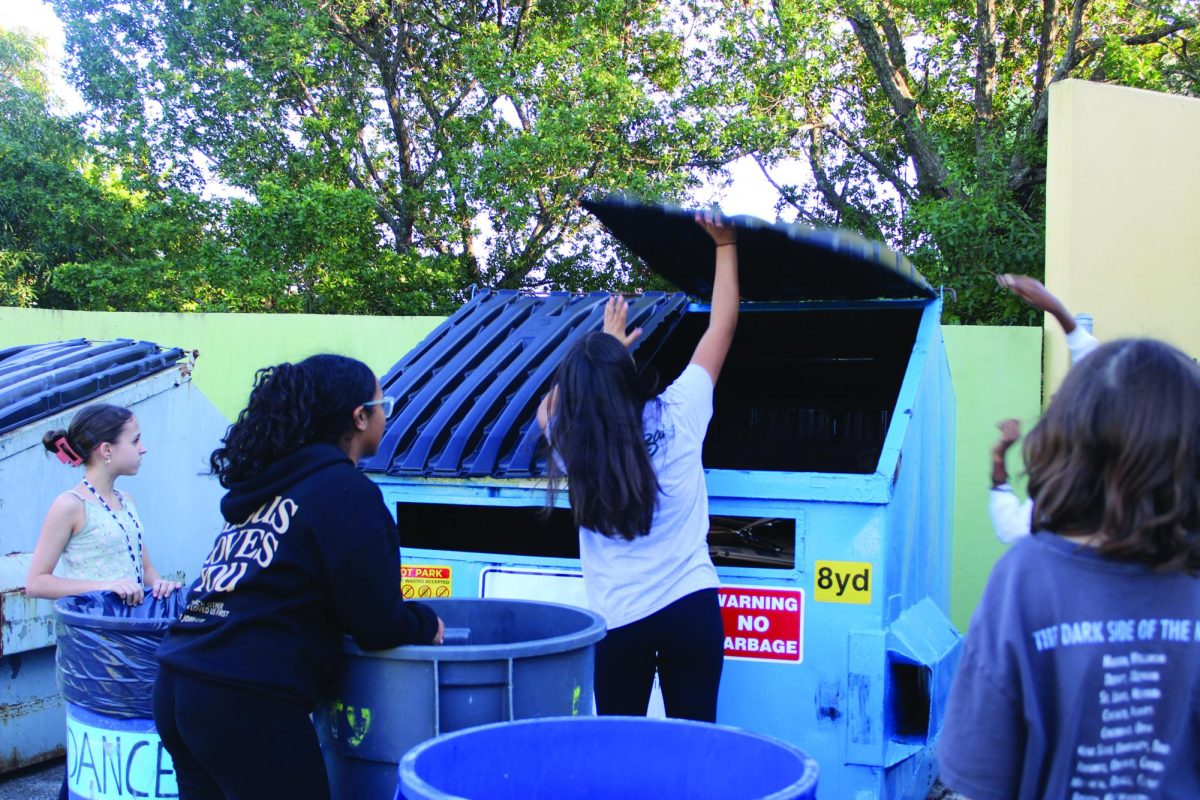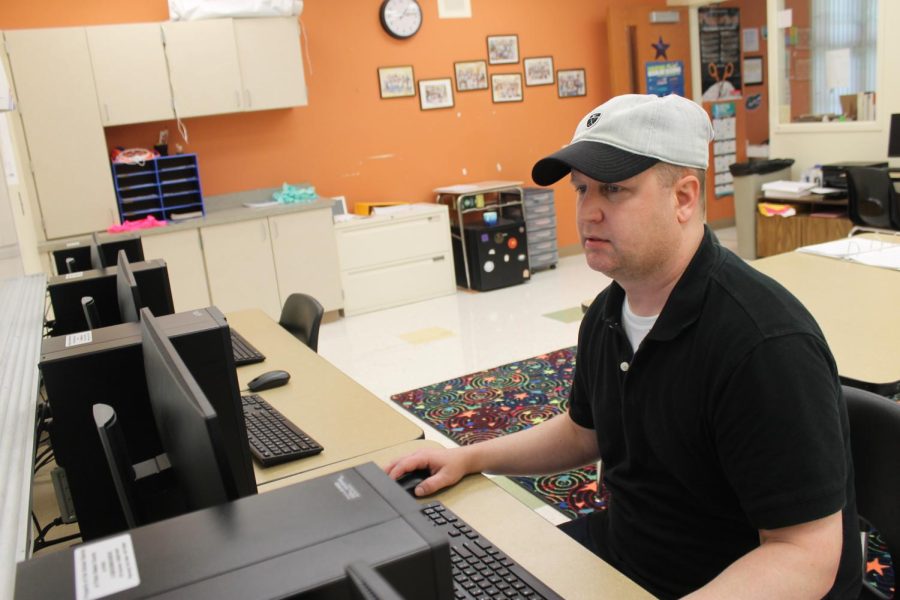Your parents went out for the night and you are babysitting your little siblings, who are starving and waiting for you to serve dinner. Nervously sweating, you hunch over the kitchen counter and look down at the recipe book that your parents always use. You cautiously alter the oven’s setting to get it to begin pre-heating. You’re trying to cook dinner – but you can’t, because you simply don’t know how.
Cooking is an essential life skill that you need to survive in the real world, but it often isn’t taught in schools. Hardly any hands-on, tangible life skills, such as sewing, cooking, and cleaning, are.
While core subjects like math, language arts and science don’t need to be thrown out the window, it is essential for schools to begin teaching students how to cook, manage money, formally communicate with other people and more.
Now, many digital life-skills classes, such as coding and typing, are taught. However, more physical, substantial life skills need to be taught to properly prepare students for the real world.
According to The University of Arizona, having little to no knowledge of real life can seriously alter and damage somebody’s mental health in the future. Feeling out of control and behind can damage someone’s self worth and make them feel useless.
According to hundrED, “Teaching children and young people wellbeing and life skills at school prepares them for life. Life skills are first and foremost preventative mental health skills that allow more young people to lead good, happy and meaningful lives.”
Life skills can be broadly divided into three categories: thinking skills, social skills and emotional skills. All three of these skill categories are necessary to function in the real world and must be taught to students.
Social skills, in particular, we feel are commonly left out of the educational curriculum. In reality, knowing how to properly communicate with and talk to someone in a reasonable manner is something you need in order to succeed in a commercial, professional environment.
According to Fiji National University, “Social skills include interpersonal skills, communication skills, leadership skills, management skills, advocacy skills, cooperation and team building skills, etc.”
If you want to become a leader in your professional field, social skills are necessary. While some people are born with them, others need the opportunity to learn these kinds of skills in a classroom setting. These concepts and skills will be easier to develop in school while students are still young and still have developing brains.

According to Michigan State University, “Life skills taught at an early age is beneficial for youth as they continue learning into their middle school and high school years. Eventually as adults, they will be able to use what they learned – ideas such as problem solving, responsibility, decision making and making healthy choices.”
Learning life skills can also expose students to different fields of the professional landscape that are not typically brought up in core classes. For example, a student may take a cooking class and realize they want to be a chef or take a financial literacy class and realize that they want to be an accountant.
According to The Global Indian International School, “learning life skills helps young students have a much greater understanding of who they are and what they want to do in life.”

Now, some people believe that life skills should not be taught in school because students should focus on getting a proper academic education, and it is not a school’s responsibility to teach students about anything other than academics.
There is no concrete data or evidence to prove that a student can’t learn all regular academics classes while also getting a necessary education in life skills and personal development.
First of all, for the people who say that it isn’t a school’s responsibility to prepare students for the real world, that statement is factually inaccurate.
According to The Florida Department of Education, the mission of Florida schools is to, “increase the proficiency of all students within one seamless, efficient system, by allowing them the opportunity to expand their knowledge and skills through learning opportunities and research valued by students, parents, and communities.”
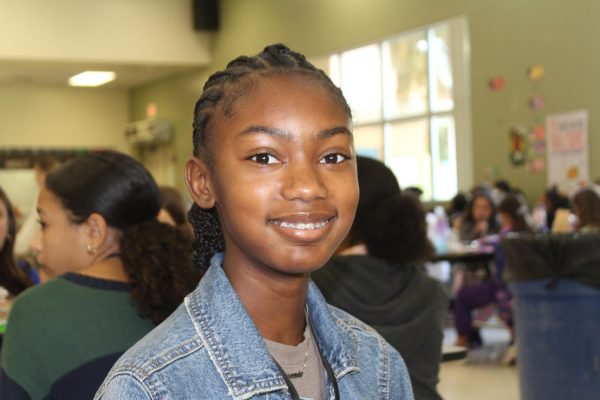
It doesn’t say anything in this statement about only providing an academic education. It does say, however, that they will allow students to expand their knowledge and skills. Skills can be any number of things, including life skills, which need to be incorporated into the Florida educational curriculum.
The solution here, contrary to what people on the opposition may believe, is not to take away other classes and replace them with life skills. Life skills need to be integrated into other subjects so students can understand how they connect to the academic world and why they should care about them.
Having a singular class that is solely dedicated to hands-on life skills is also a viable option but integrating them into other classes is more likely going to lead to students properly comprehending the concepts.
It is clear that life skills need to be taught in all schools around the globe. Having that essential, real-world knowledge and experience will ensure that you will never be the kid trying to cook for the first time on your own without even knowing how to turn on the oven.




